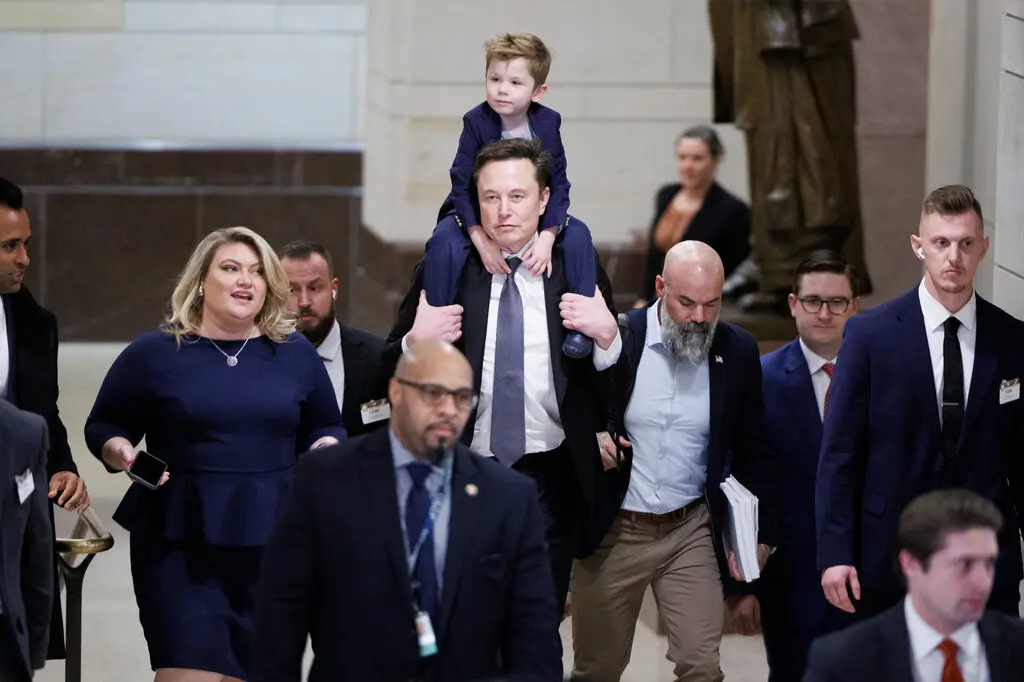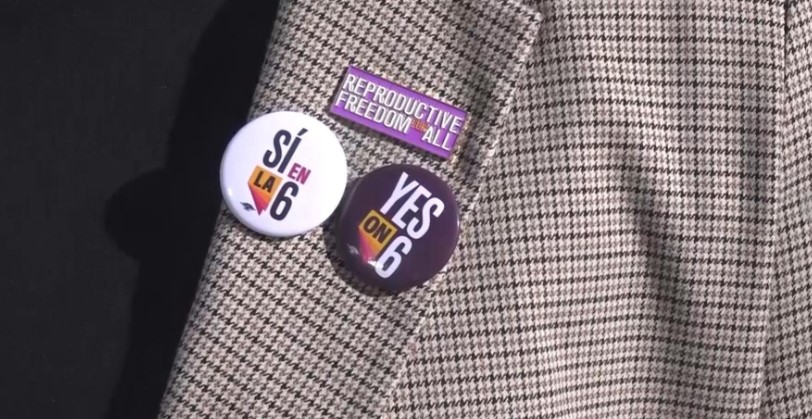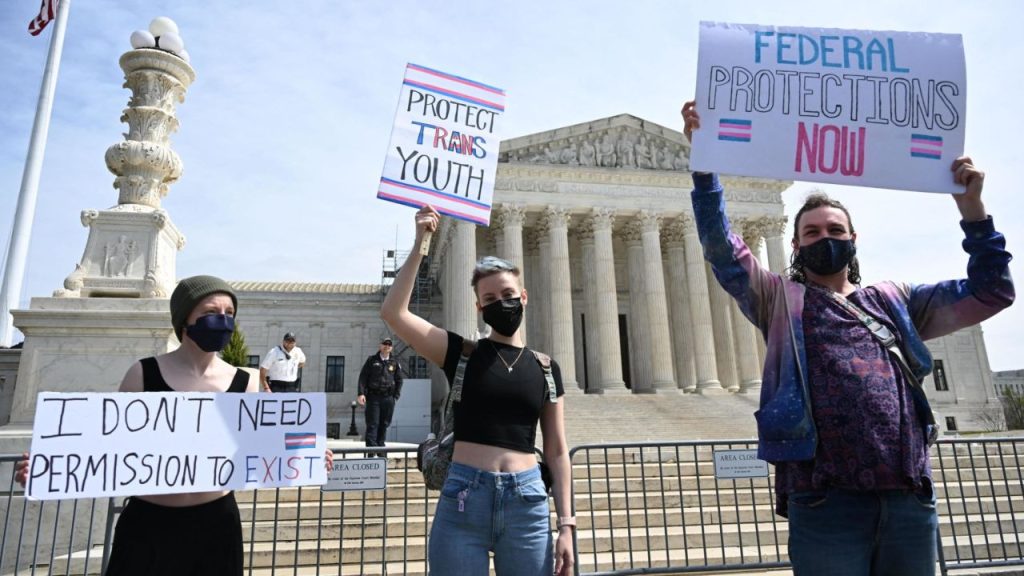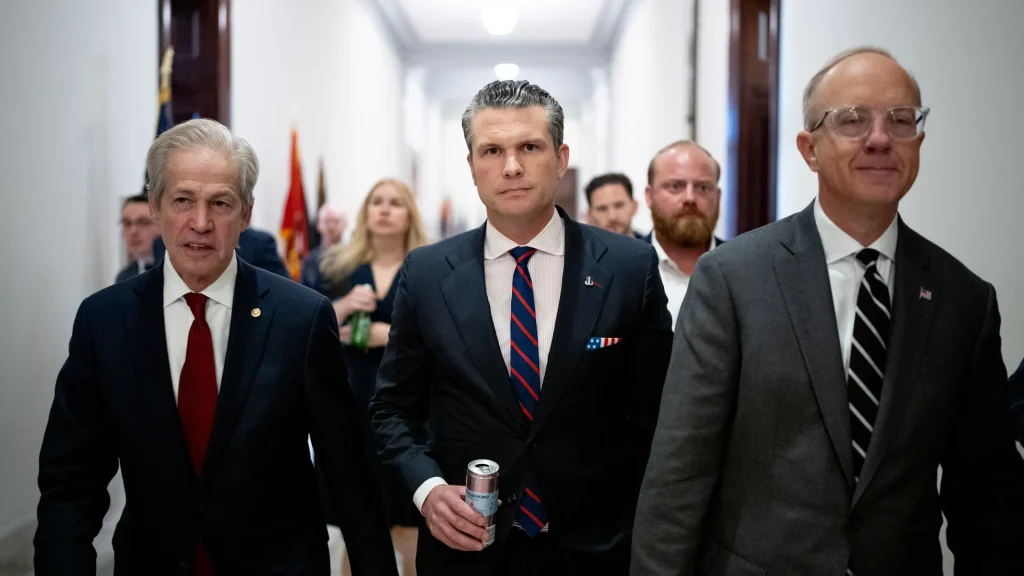Alito Spoke With Trump Shortly Before Supreme Court Filing
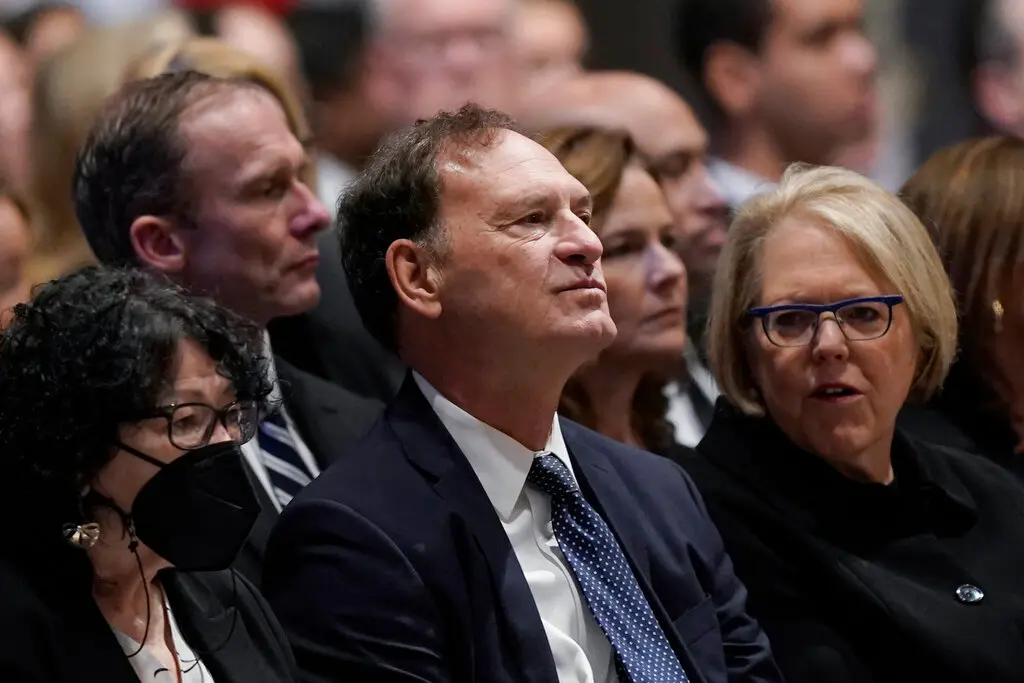
The news surrounding U.S. Supreme Court Justice Samuel Alito and his reported communication with former President Donald Trump has raised concerns and sparked debate about judicial independence and ethics. According to reports, Justice Alito spoke with Trump just before the Supreme Court was set to make significant rulings on cases related to the former president. The timing of this conversation and the nature of their discussions have drawn attention, particularly because of the potential implications for the impartiality of the judiciary.
Justice Samuel Alito is one of the conservative justices on the Supreme Court, a body that has gained increased visibility and influence in recent years due to its decisions on critical issues, including abortion, voting rights, and presidential powers. Alito, in particular, has been a pivotal figure in some of the court’s most controversial rulings. The recent revelation that he spoke with Trump, a figure at the center of numerous legal and political challenges, has raised questions about whether such communications could compromise the perceived neutrality of the Court.
The Context of the Conversation
The reported conversation occurred shortly before the Supreme Court was preparing to deliberate on several cases with potentially significant political consequences, including those involving Trump’s efforts to challenge the 2020 election results. In these cases, Trump sought to block the certification of the election results, and the matter was set to be considered by the highest court in the land.
Alito, who is known for his conservative views, had already been involved in several key decisions involving Trump’s legal battles, particularly those surrounding executive power and the constitutionality of various election-related actions. The timing of the conversation between Alito and Trump has led many to question whether such a dialogue could be considered inappropriate or even unethical, given the high-profile nature of the cases at hand.
Judicial Ethics and Independence
Judicial ethics require that justices remain impartial and avoid any appearance of bias or conflict of interest in their decision-making. The U.S. Supreme Court is supposed to function as an independent arbiter of the law, and the justices are expected to base their rulings solely on legal principles and the Constitution, not political considerations or personal relationships.
However, the reported conversation between Alito and Trump raises concerns about the potential for undue influence. Critics argue that any direct communication between a sitting justice and a party involved in a case before the Court could undermine the public’s confidence in the judicial process. While there is no explicit rule barring such interactions, the optics of the situation are troubling for many legal experts and observers.
Moreover, the fact that Alito spoke with Trump, a figure with significant political clout, just before the Court was set to consider cases with potentially far-reaching political consequences, only adds to the controversy. Legal scholars and ethics experts have pointed out that even the perception of a conflict of interest can damage the integrity of the Court.
The Response from Alito and Trump
In response to the reports, Justice Alito has maintained that the conversation was not inappropriate and did not influence his actions as a judge. Alito has consistently defended his decisions and emphasized the importance of upholding the law without interference. He has also pointed out that, as a member of the Supreme Court, he is entitled to have discussions with individuals, including public figures, within the bounds of his professional responsibilities.
On the other hand, Trump has made no secret of his influence on judicial appointments during his presidency. He appointed three conservative justices to the Supreme Court, including Alito’s colleagues Neil Gorsuch, Brett Kavanaugh, and Amy Coney Barrett. Trump has praised the conservative majority on the Court, and many of his legal battles have ultimately made their way to the Supreme Court for consideration.
While both Alito and Trump have defended the conversation as routine, the situation underscores broader concerns about the relationship between the judiciary and politics, especially as the Court becomes increasingly polarized along ideological lines. The conversation serves as a reminder of the deep political divisions that have shaped the U.S. legal system in recent years.
Public Perception and Trust in the Court
The public’s perception of the Supreme Court has been increasingly scrutinized in recent years, especially as the Court has made rulings on politically charged issues such as abortion rights, gun control, and voting laws. The Court’s decisions have become a focal point for partisan debates, and its legitimacy has at times been questioned.
The recent revelation about Alito’s conversation with Trump has only intensified these concerns. Legal experts have warned that any appearance of bias or undue influence could further erode trust in the Court. The role of the judiciary in a democratic society depends on the public’s faith that justices will act by the law, not with political agendas or personal connections.
In particular, the perception of judicial impartiality is essential for maintaining the Court’s role as an independent check on executive and legislative powers. When citizens begin to question whether the justices are truly impartial, it can undermine confidence in the entire judicial system.
While there is no evidence to suggest that Justice Alito’s conversation with Trump influenced any specific rulings, the incident serves as a reminder of the importance of maintaining transparency and accountability within the judicial branch. Calls for clearer ethical guidelines for Supreme Court justices have grown in recent years, as the public becomes more concerned about the intersection of law and politics.
Some have suggested that the Supreme Court should implement stricter rules regarding interactions with political figures, especially in cases where those figures have a direct interest in the outcome. Others argue that greater transparency in the Court’s decision-making processes, including the release of justices’ communications, could help restore public confidence in the institution.
In conclusion, the revelation that Justice Alito spoke with former President Trump shortly before the Supreme Court filed its ruling on key cases has raised important questions about the integrity and independence of the U.S. judiciary. While both Alito and Trump have defended the interaction, the optics of the situation highlight ongoing concerns about the Court’s neutrality. Moving forward, it will be crucial for the Court to address these concerns to maintain its legitimacy and the public’s trust in the judicial system.


